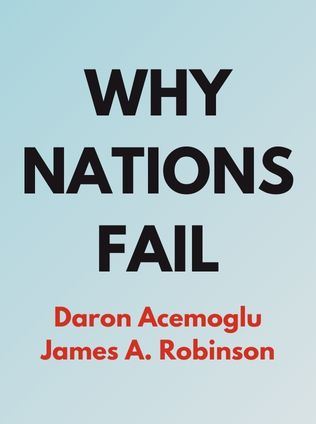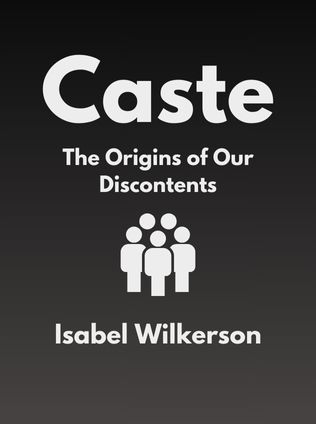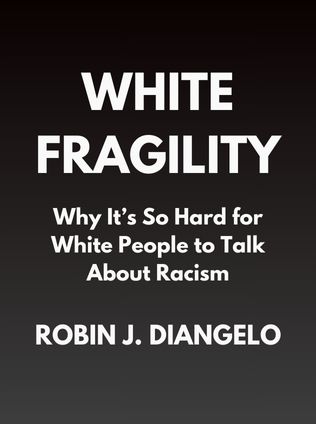
Why Nations Fail
The Origins of Power, Prosperity, and Poverty
By Daron Acemoglu and James A. Robinson
Published 03/2012
About the Author
Daron Acemoglu and James A. Robinson, the brilliant minds behind "Why Nations Fail," have made significant contributions to the field of political economy. Acemoglu, an economist with a keen interest in the dynamics of economic growth and institutional economics, serves as a professor at the Massachusetts Institute of Technology (MIT). He is well-known for his influential work on the relationship between institutions and economic outcomes. Robinson, a political scientist, is a professor at the University of Chicago and has dedicated much of his career to studying the political dimensions of economic development and the reasons behind political and economic failures. Together, their collaborative effort in "Why Nations Fail" synthesizes years of research into a compelling narrative that challenges existing paradigms and offers a new lens through which to view global inequality.
Main Idea
"Why Nations Fail" is grounded in the idea that the success or failure of nations is determined by their institutions. Acemoglu and Robinson argue that inclusive institutions—those that allow and encourage participation by the majority of people in economic and political activities—foster prosperity. In contrast, extractive institutions, which concentrate power and wealth in the hands of a few, lead to poverty, instability, and often, the eventual collapse of societies. This central thesis is explored through historical examples, comparative analyses, and theoretical arguments that dismantle other commonly held beliefs about the root causes of economic disparity between nations.
Table of Contents
- Flawed Theories of International Inequality
- Why Nations Succeed
- Why Nations Fail
- Why Nations Change (Or Stay the Same)
Flawed Theories of International Inequality
Before presenting their own theory, Acemoglu and Robinson take the reader through the landscape of existing theories that attempt to explain why some nations are rich and others are poor. They categorize these into three primary theories: geography, culture, and competence. While each theory offers valuable insights, the authors argue that they are insufficient to explain the complex realities of international inequality.
Theory #1: Geography
Geography-based theories suggest that the physical environment is a key determinant of a nation’s economic success. According to this theory, nations with favorable climates, fertile land, and abundant natural resources are more likely to develop robust economies. These nations, with their access to navigable rivers, fertile soils, and temperate climates, supposedly had a natural head start in agricultural development, which then led to economic and social stability.
However, Acemoglu and Robinson challenge this notion by pointing out that geographic determinism cannot fully explain the divergent paths of nations like North and South Korea. These two countries share the same peninsula, and therefore similar geography, yet their economic outcomes could not be more different. South Korea is one of the world’s leading economies, with high standards of living, while North Korea remains impoverished and isolated. This stark contrast underscores the limitations of geography as a sole explanation for economic success or failure.
Theory #2: Culture
Culture-based theories argue that the values, beliefs, and attitudes prevalent within a society are key to its economic success. This theory suggests that cultures that emphasize hard work, innovation, education, and thrift are more likely to develop prosperous economies. The cultural attitudes of a society, according to this view, determine how individuals behave in economic and social contexts, which in turn affects the overall success of the nation.
Acemoglu and Robinson acknowledge that culture can influence economic behavior, but they argue that it is not the decisive factor in determining a nation’s economic fate. For instance, they highlight the shared cultural heritage of North and South Korea, which includes language, traditions, and social norms. Despite these similarities, the two nations have vastly different economic outcomes, suggesting that factors other than culture are at play. The authors assert that it is the institutions governing these societies, rather than cultural attitudes alone, that determine their economic trajectories.
Theory #3: Competence
The competence theory posits that the skill and intelligence of political leaders are the primary determinants of a nation’s success. According to this theory, nations that are led by wise and capable leaders are more likely to prosper, while those with inept or corrupt leaders are doomed to fail. This view holds that the decisions made by leaders, particularly in areas such as economic policy, governance, and foreign relations, are critical to the success or failure of a nation.
Sign up for FREE and get access to 1,400+ books summaries.
You May Also Like
Rich Dad Poor Dad
What the Rich Teach Their Kids About Money - That the Poor and Middle Class Do Not!
By Robert T. KiyosakiFreakonomics
A Rogue Economist Explores the Hidden Side of Everything
By Steven D. Levitt and Stephen J. DubnerI Am Malala
The Story of the Girl Who Stood Up for Education and Was Shot by the Taliban
By Malala YousafzaiFactfulness
Ten Reasons We're Wrong About the World – and Why Things Are Better Than You Think
By Hans Rosling



















